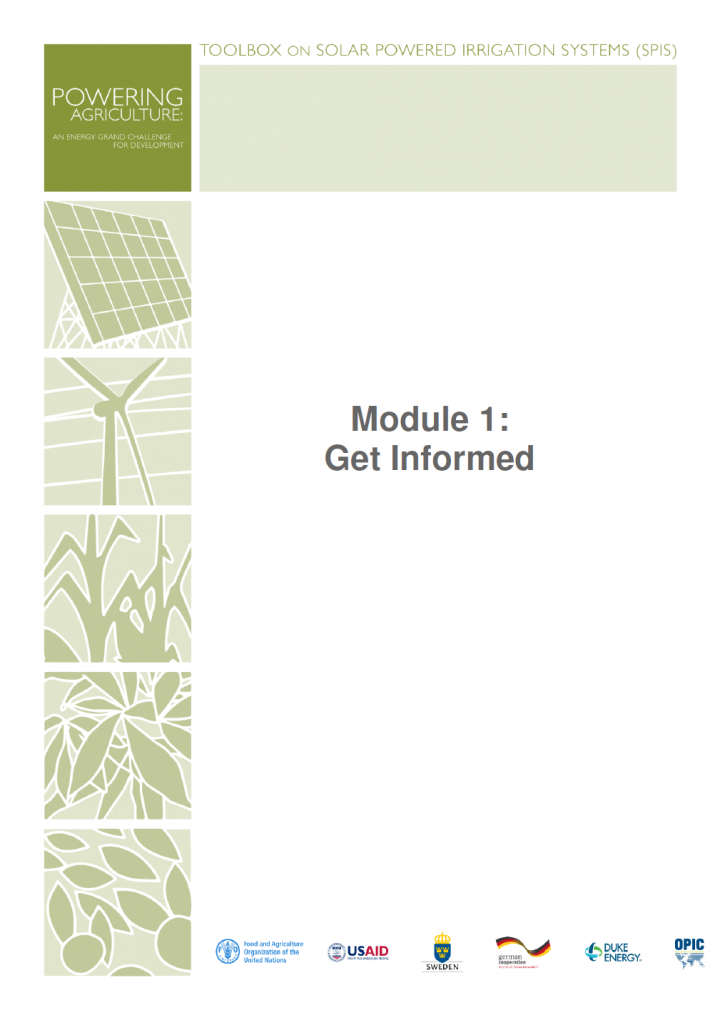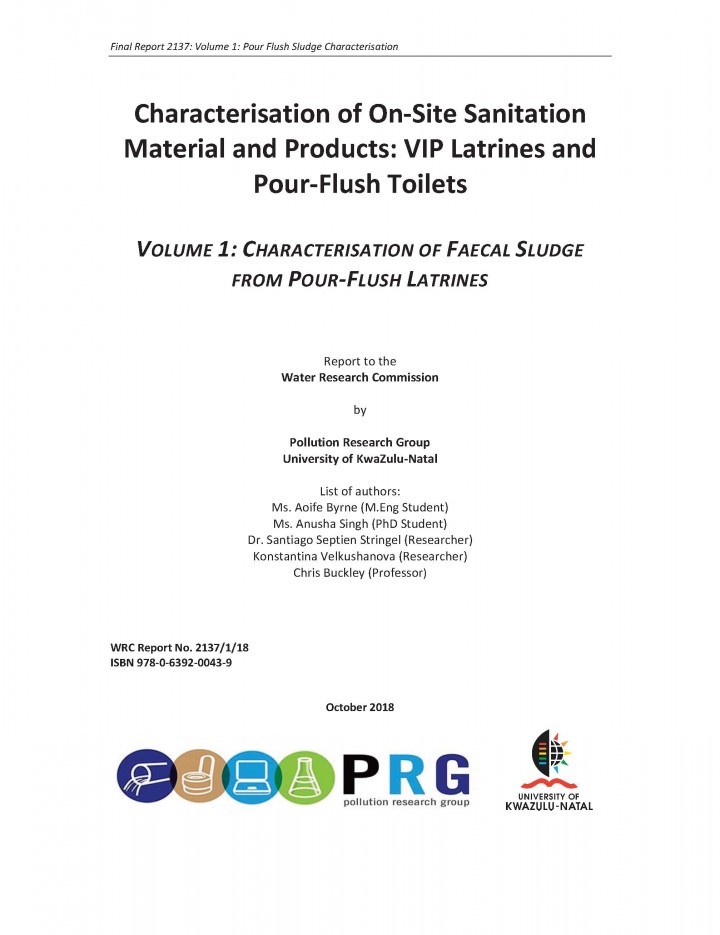Searching for information on Sanitation Workers?
The Sanitation Workers Knowledge + Learning Hub is the best source for all current news, trends, articles and updates on sanitation workers rights around the world.
In May and June 2018, Oxfam undertook research with Rohingya women and adolescent girls living in Cox Bazar refugee camps, focused on the barriers and enablers of using WASH facilities in the camps. The research brought two female architects to work with women and girls to adapt the design of existing facilities, and to design new facilities to meet their needs. From discussions with women and …
This Methods Note proposes a revised methodology for future ALNAP Lessons Papers. It seeks to improve the rigour of the research methods used to generate them, while maintaining the broad research questions and inclusive approach to grey literature review.
This Methods Note is aimed primarily at the ALNAP Secretariat and authors of future Lessons Papers. It should be used to guide the definition …
Unsafe water consumption is the environmental risk factor in sub-Saharan Africa contributing most to premature death. In urban slums and dispersed rural communities, where access to safe water is especially limited, water kiosks are a relevant safe water source. However, irregular use challenges their operational viability and may cause discontinuation. The present study investigated collective …
Recently, Global Health practitioners, scholars, and donors have expressed increased interest in “changing social norms” as a strategy to promote health and well-being in low and mid-income countries (LMIC). Despite this burgeoning interest, the ability of practitioners to use social norm theory to inform health interventions varies widely.
Here, we identify eight pitfalls that practitioners …
What is Crisis and Emergency Risk Communications (CERC)? The Centers for Disease Control’s (CDC) Crisis and Emergency Risk Communication (CERC) manual provides an evidence-based framework and best practices for anyone who communicates on behalfof an organization responding to a public health emergency.1 CERC is built around psychological and communication sciences, studies in the field of …
Humanitarian action provides life-saving services and facilitates recovery for communities affected
by armed conflict, natural disasters and other complex emergencies. The responsibility of humanitarian actors to promote gender equality is supported by a normative framework validated by extensive field experience. This handbook sets out the rationale for integrating gender equality into …
This guide is intended for health programme implementers who want to help communities make healthy choices. It introduces the Community Dialogue Approach, an innovative and participatory approach used to help achieve and sustain social action towards improving the health of communities. The approach could be considered both a community engagement and social and behaviour change intervention.
These guidelines outline a step-by-step process for Red Cross Red Crescent staff and volunteers to plan and implement effective, context appropriate hygiene promotion, without taking shortcuts or delivering ‘hygiene messages’. The guidelines provide National Societies with a standard approach for quality assurance, and an opportunity for more effective training and monitoring.
Building on a human right-based approach, the Gender,Hygiene and Sanitation (GHS) Joint Programme, implemented by the Water Supply and Sanitation Collaborative Council (WSSCC) and the United Nations Entity for Gender Equality and the Empowerment of Women (UN Women), intends to support governments in assessing their policies, guidelines and budgets to better reflect women’s and girls’ rights …
This study took place between October 2017 and March 2018 and was led by CSOs in 25 countries under the umbrella of End Water Poverty, Watershed Consortium, Coalition Eau and the Water Supply and Sanitation Collaborative Council (WSSCC). Organisations agreed to conduct an in-depth inclusive analysis on country-level accountability mechanisms towards SDG6 on clean water and sanitation …
There is limited documented information about the WASH experiences of women with disabilities in Cambodia. It is critical to listen to their voices in order to better shape programs and policies, and begin challenging discriminatory attitudes. Greater participation is the first step to ensuring that women with disabilities can access the facilities, services, and products to manage their WASH …
The publication voices the importance of social context and collective action as a mediating factor between programme implementation and its success. CRSHIP assesses the social factors that influenced sanitation uptake, indicating the efficiency of communities participating together with local community leaders or NGOs to work cohesively in achieving their S&H goals.
This Manual has been developed for trainers of WASH and for health practitioners, to enable them to speak confidently about an issue that is regularly shrouded in silence, and which impacts upon women and girls health, education and livelihoods. The Manual includes a series of learning units (LUs), which are aimed at teaching practitioners how to improve menstrual hygiene for women and girls. It …
A practical guide for the Global Sanitation Fund (GSF) supported programme teams and Community Led Total Sanitation (CLTS) facilitators on how to collect information related to Equality and Non-Discrimination (EQND) at community level, and in particular to learn from people who may be disadvantaged. This guide provides insights into the key ethics principles for information gathering and …
From 2014 to 2018 the Water Supply and Sanitation Collaborative Council (WSSCC) and UN Women implemented the Joint Programme on Gender, Hygiene and Sanitation. The objective of the programme was to support governments with the design of inclusive and evidence-based policies in the water and sanitation sector with special attention to the needs of women and girls. The programme used Menstrual …
Compared to conventional energy systems, the use of solar energy has some specific characteristics, which must
be considered when planning a Solar Powered Irrigation System (see DESIGNmodule). The following steps describe in detail the available configurations and individual system components of an SPIS operating
under constantly varying conditions due to daily and seasonal fluctuations. The …
Solar photovoltaic water pumping (SWP) uses energy from solar photovoltaic (PV) panels to power an electric water pump. The entire process, from sunlight to stored energy, is elegant and simple. Over last seven years, the technology and price of solar pumping have evolved dramatically and hence the opportunities it presents. Solar pumping is most competitive in regions with high solar insolation, …
exciting opportunity to redress a long-standing shortcoming of humanitarian response. There is a need to better understand and respond to crisis-affected people in a more holistic and coherent way, going beyond sectors to bring the emphasis back to how people live and perceive and prioritize their needs. Multi-purpose cash opens up possibilities for enhanced collaboration among technical sectors …
The Washington Group Questions on Disability are rapidly emerging as the preferred data collection methodology by the global community for national data collection efforts on disability. However, more and more development and humanitarian actors are now using the methodology in their own data collection efforts. This is beyond the original purpose of the questions, which was to generate usable …
Globally, more than a billion people, including up to 10 per cent of all children, are estimated to have a disability. More than 110 million persons with disabilities may be at risk of having poor access to water, sanitation and hygiene (WASH) facilities. Access to WASH provides direct benefits to health, social inclusion and dignity, and is fundamental to achieve human rights and development …
The Sphere Project, now known as Sphere, was created in 1997 by a group of humanitarian non-governmental organisations and the Red Cross and Red Crescent Movement. Its aim was to improve the quality of their humanitarian responses and to be accountable for their actions. The Sphere philosophy is based on two core beliefs:
• People affected by disaster or conflict have the right to life with …
Globally, around 15 per cent of the population are living with some kind of disability. An estimated 13 per cent of people worldwide are over the age of 60. More than 46 per cent of those who are over the age of 60 have a disability. Humanitarian principles require that humanitarian assistance and protection are provided on the basis of need, without discrimination. No one should be excluded …
This report from a research project funded by the Water Research Commission is divided into 2 volumes.
Volume 1:
In South Africa, the Pour-Flush system is viewed as an upgrade from the Ventilated Improved Pit latrine (VIP), which is the standard for basic sanitation in the country. PID successfully ran a pilot scheme involving the installation of approximately 25 Pour-Flush latrines in the …








































